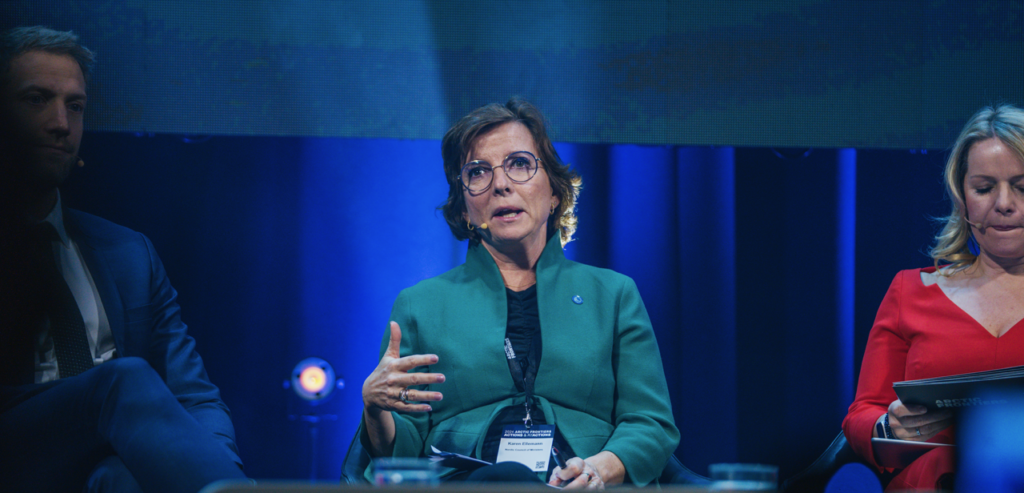
Photo: David Jensen/Arctic Frontiers.
The Secretary General of the Nordic Council of Ministers believes Nordic cooperation will be even stronger when all of the Nordic countries are Nato members. But during the Arctic Frontiers conference in Tromsø, Karen Ellemann repeated that a council of defence ministers is not presently being planned.
Text: Lars Bevanger (From Nordic Labour Journal)
“There is little doubt that having all the Nordics as members of Nato is a good development in a time when the geopolitical situation demands stronger defence. A stronger Nordic region that is ready to defend itself and each other is positive in every way,” the Secretary General of the Nordic Council of Ministers told the Nordic Labour Journal when we met her during the Arctic Frontiers conference in Tromsø during the last week of January.
She had finally arrived after extreme weather “Ingunn” had stopped her and many other participants’ planes and done much damage in the Northern parts of Norway. A reminder that the weather in this part of the world does not make concessions to anyone.
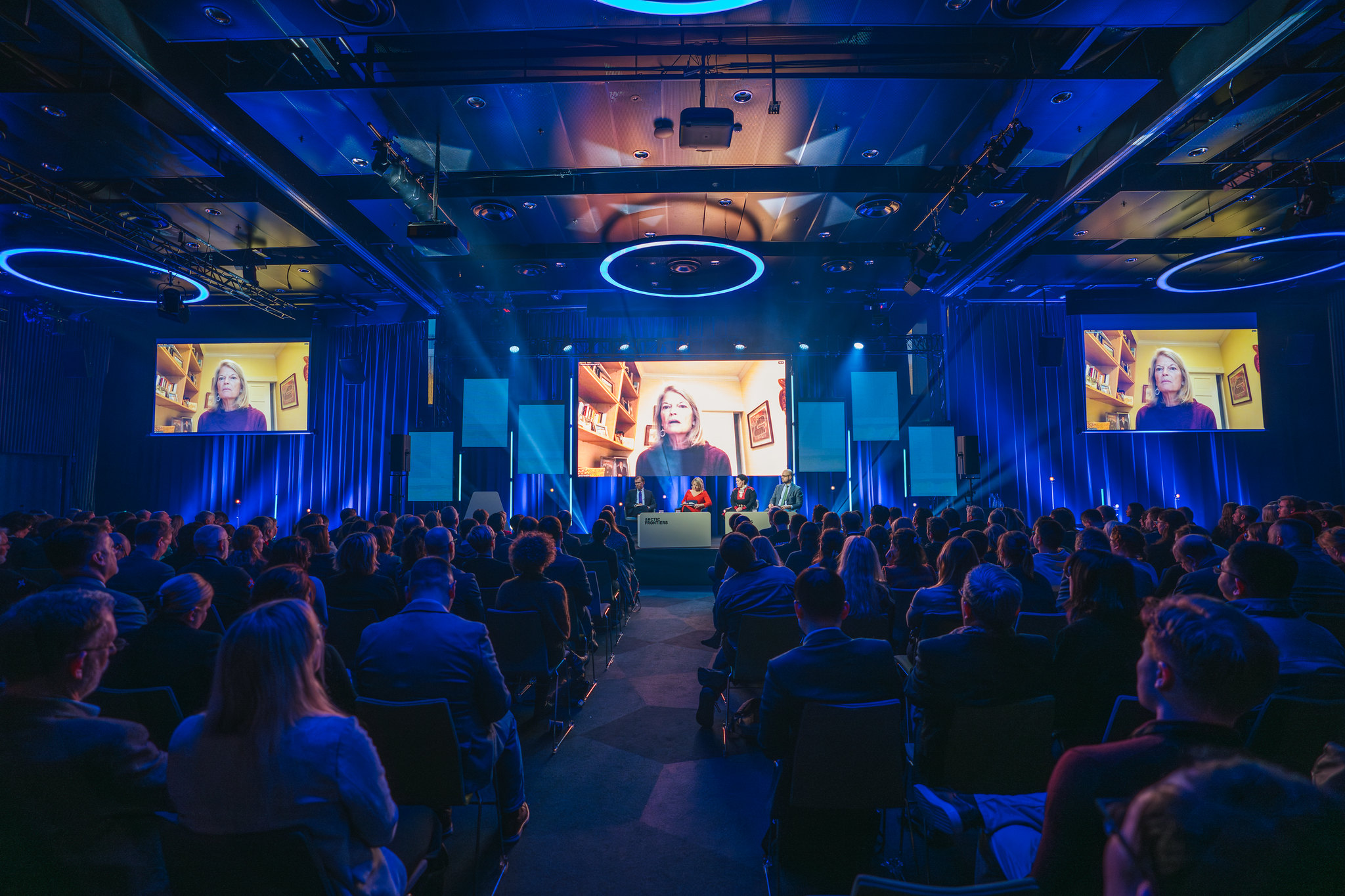
Arctic Frontiers is an annual conference gathering leaders, scientists, indigenous peoples’ representatives and local politicians to discuss all things Arctic. Photo: David Jensen/Arctic Frontiers.
The annual Arctic Frontiers conference gathers leaders, scientists, indigenous peoples’ representatives and local politicians from nearly all of the Arctic nations to debate challenges surrounding geopolitics, climate, resource extraction and the green transition. Russia has not participated on an official level since the invasion of Ukraine in 2022.
Need to tighten the guy ropes
“All the challenges that we are now facing make it even clearer how important it is to stand together and deliver on all the initiatives that are needed to secure success with the green transition and with becoming an even more integrated region,” says Karen Ellemann.
“With such a clear vision for the whole of the Nordic region, we must tighten the guy ropes and be conscious of which initiatives are needed. This is happening in the Nordic Council of Ministers, but the fact that the Nordics are now also so strong within Nato is also a very important and positive development.”
No longer separate security policies
At the opening of Arctic Frontiers, Norway’s Minister of Foreign Affairs Espen Barth Eide indicated that defence and security cooperation could now become a theme for the Nordic Council of Ministers.
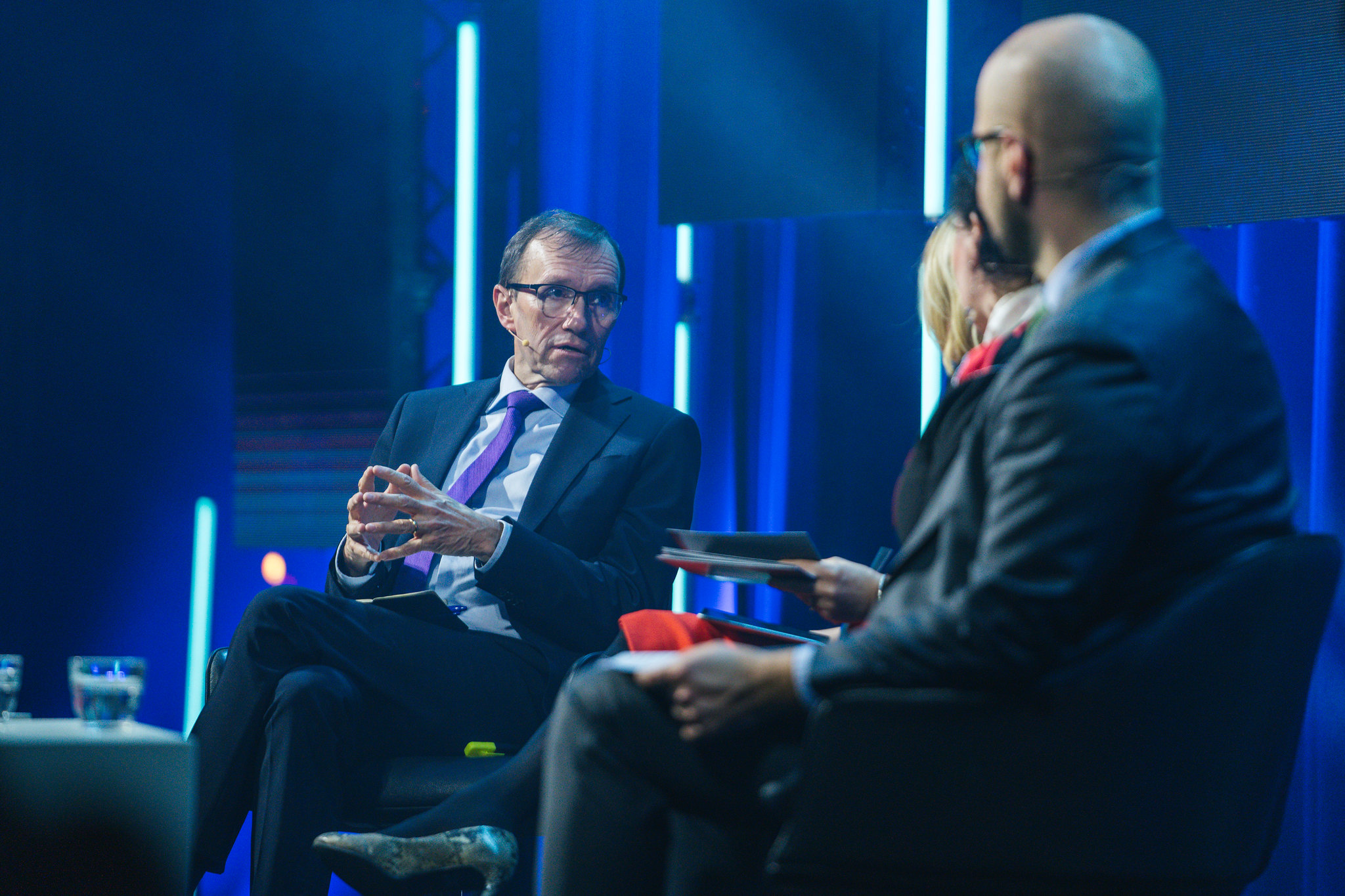
Espen Barth Eide, Norway’s Minister of Foreign Affairs. Photo: David Jensen/Arctic Frontiers.
“The Nordic Council of Ministers is a great and important institution which long was prohibited from dealing with these issues. While we were socially, economically, politically close, we were very different in security policies.
“That’s gone. So, there is a new opportunity for cooperating on these crucial issues of security among the Nordic members of the Arctic community,” said Espen Barth Eide.
Mandate to deliver on everything but defence
The Nordic Labour Journal asked Karen Ellemann whether this means that a Nordic council of defence ministers could now become relevant. But even though she agrees that the situation totally changes once all the Nordic countries are Nato members, the time is still not ripe for such a council of ministers.
“There is of course a debate about how to secure this type of defence cooperation. But right now, our mandate rests with what was written in the Helsinki Treaty. And after all, it is important to remember that the Nordic Council of Ministers’ mandate can deliver on everything around defence and security policies – and all this is of course more relevant than ever,” says Ellemann.
In addition to Nato cooperation, the Nordic countries cooperate on defence through The Nordic Defence Cooperation (NORDEFCO). The defence alliance seeks to “strengthen the participants’ national defence, explore common synergies and facilitate efficient common solutions”.
Seven out of eight Arctic nations in Nato
When Sweden as the last Nordic country most probably gains Nato membership shortly, all the Arctic nations will also be members of the same defence alliance – except Russia.
Pretty much all official political cooperation between Russia and the rest of the Arctic nations ceased after the invasion of Ukraine in 2022.
The Arctic Council is the main body for this cooperation, and it continues work without participation from Russia – the largest out of the eight Arctic nations. Norway holds the chairship of the Arctic Council until 2025.
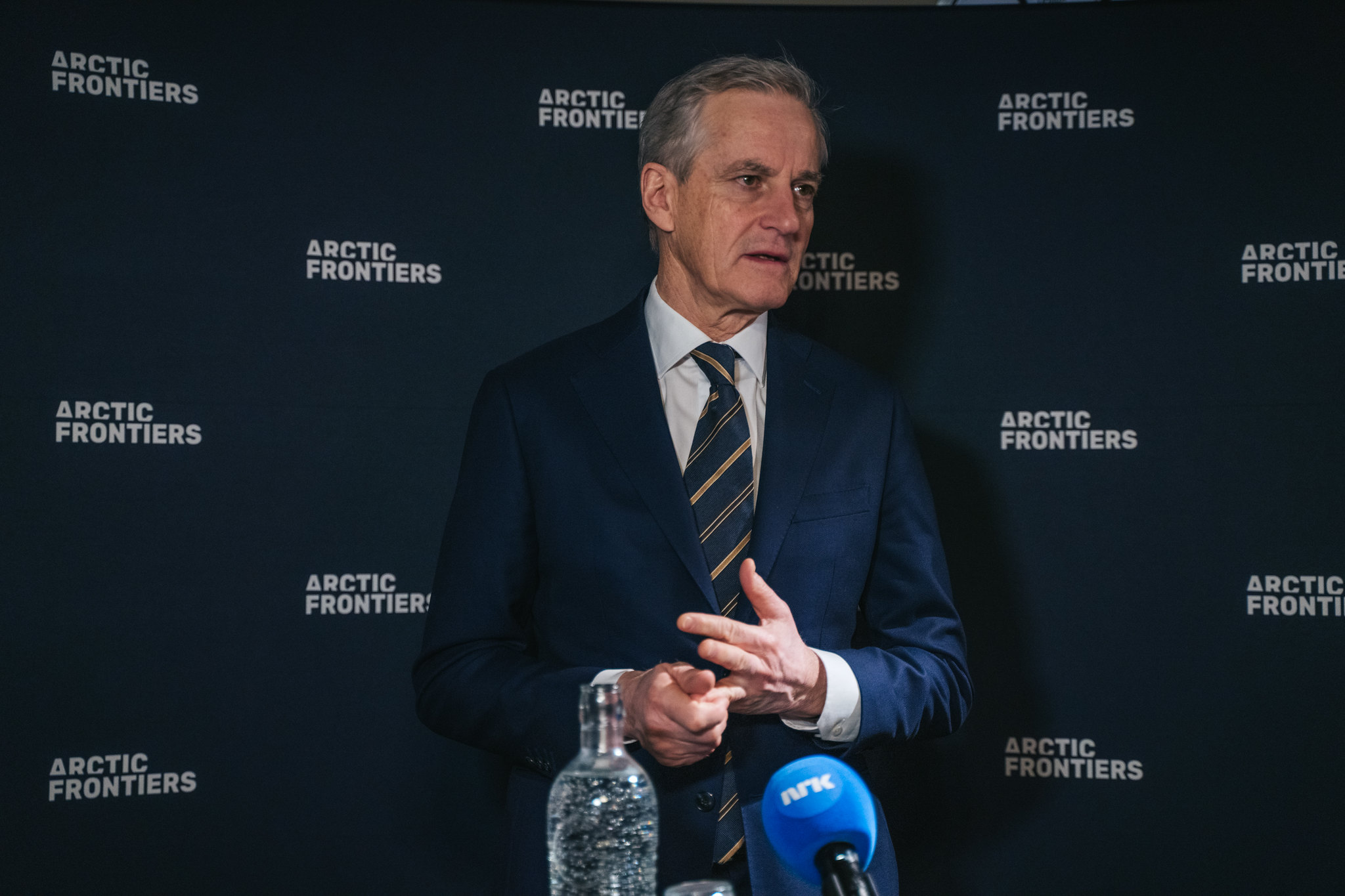 Jonas Gahr Støre, Norwegian Prime Minister. Photo: David Jensen/Arctic Frontiers.
Jonas Gahr Støre, Norwegian Prime Minister. Photo: David Jensen/Arctic Frontiers.
“Arctic issues are critical – not only for us living in the Arctic but for the whole world. We are maintaining the work of the Arctic Council; it would not serve anybody’s purpose to close it down,” Norway’s Prime Minister Jonas Gahr Støre told the Nordic Labour Journal.
Arctic challenges a golden opportunity for the Nordic region
Although the Arctic Council is central to Arctic cooperation, Karen Ellemann believes the challenges facing the Arctic also represent a golden opportunity for the Nordic cooperation. It is now that we can show what is really possible, especially when it comes to climate change, she argues.
Global warming is happening nearly four times faster in the Arctic compared to the global average.
“The Arctic region is where climate change really shows how badly it’s going. This definitely gives us a renewed focus because that is where we can actually make an impact when we join our forces. And it supplements what is going on in the Arctic Council,” says Karen Ellemann.
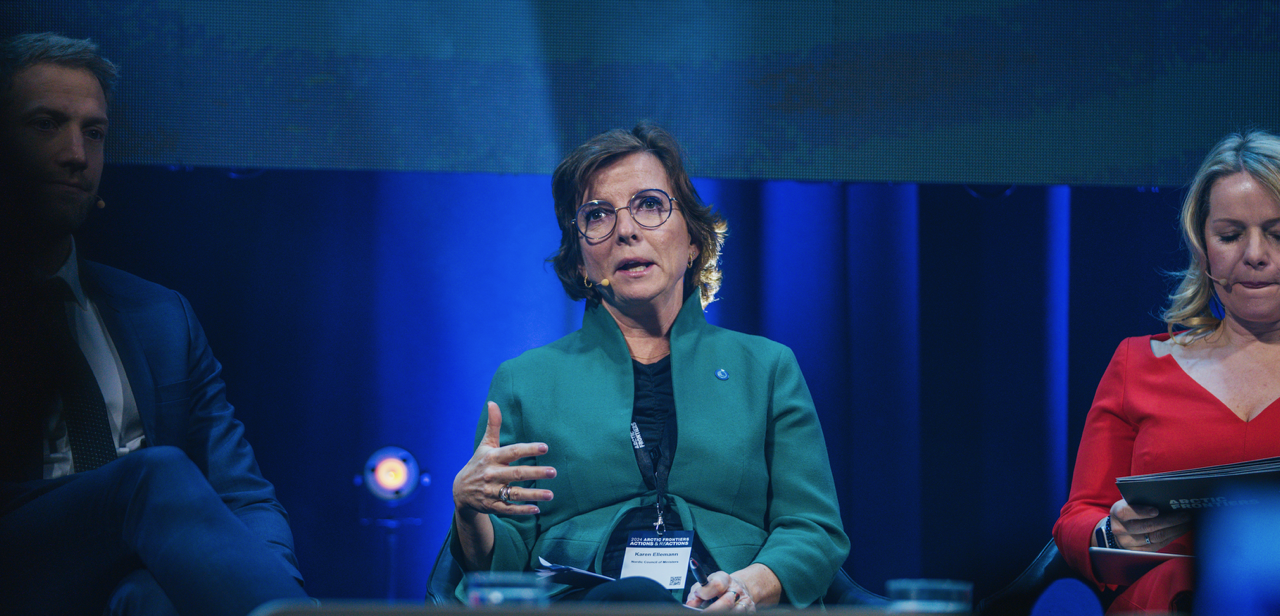
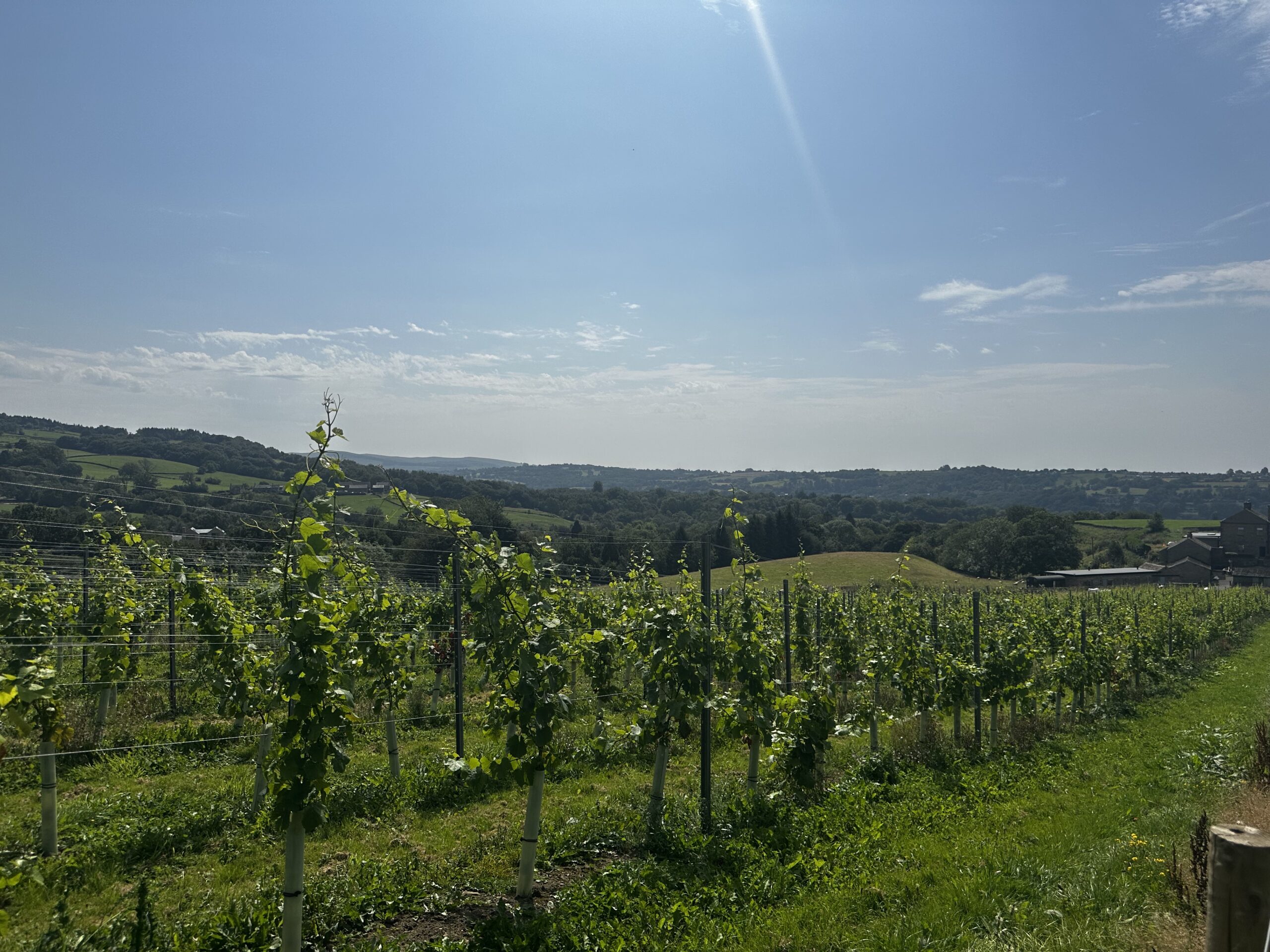
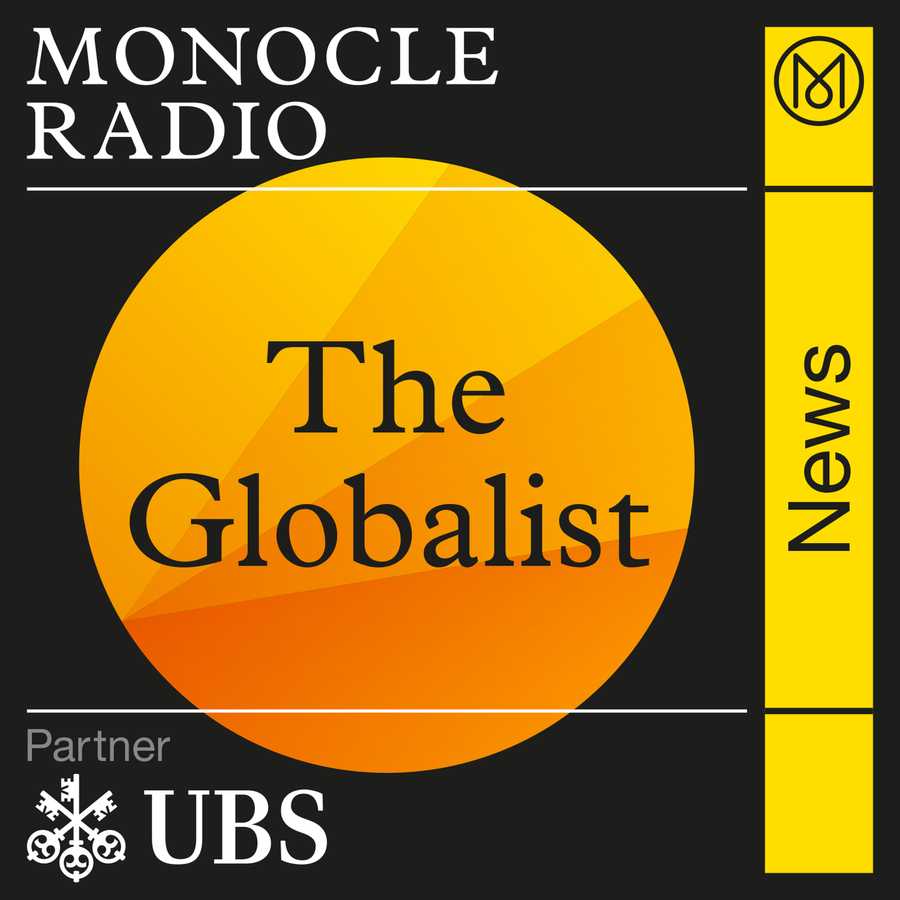
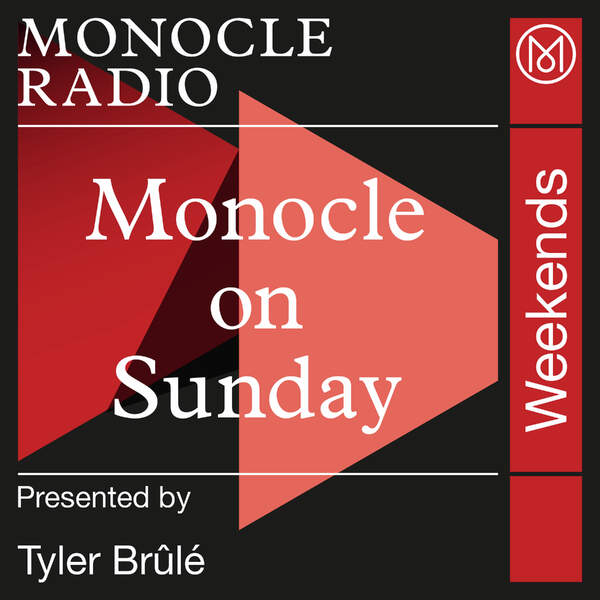
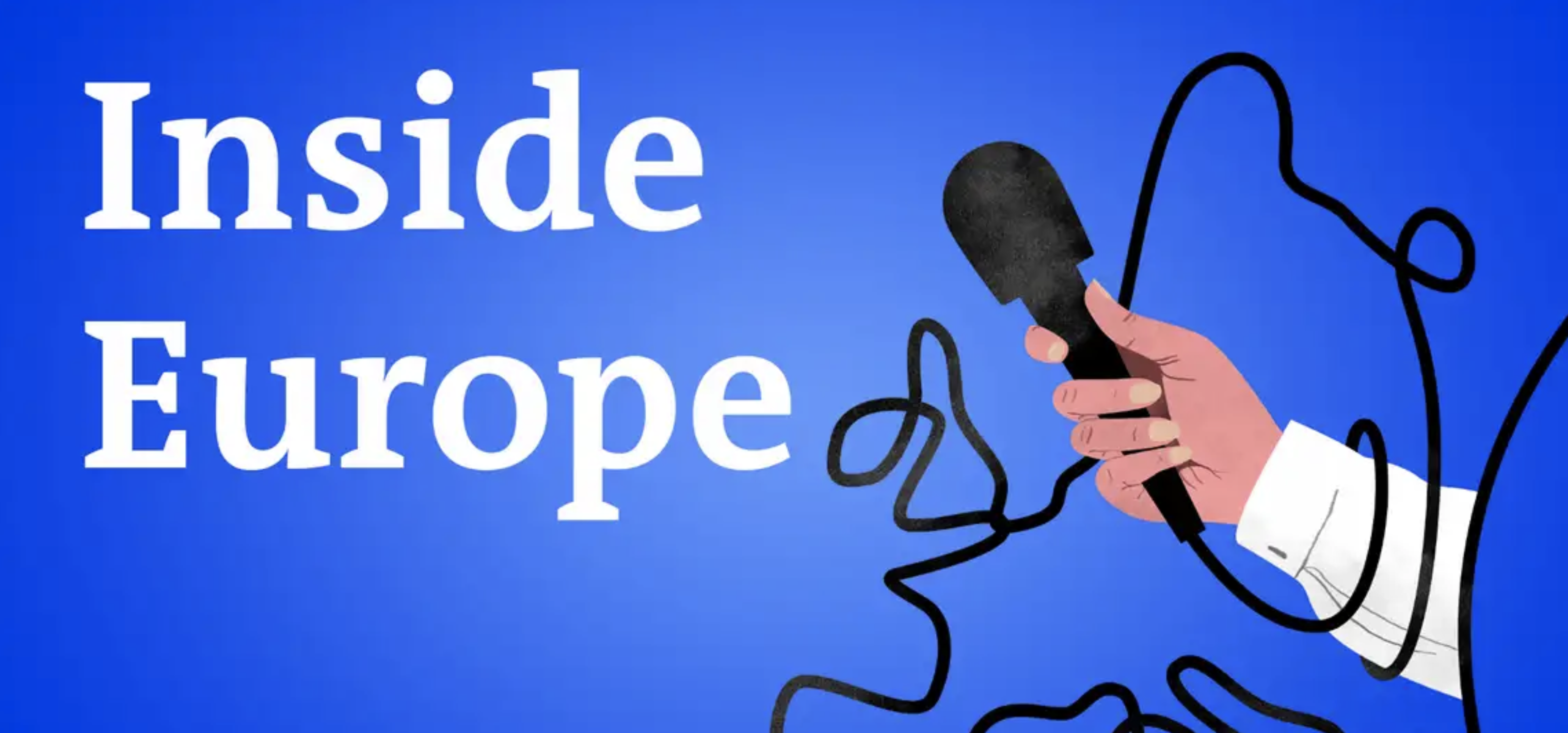

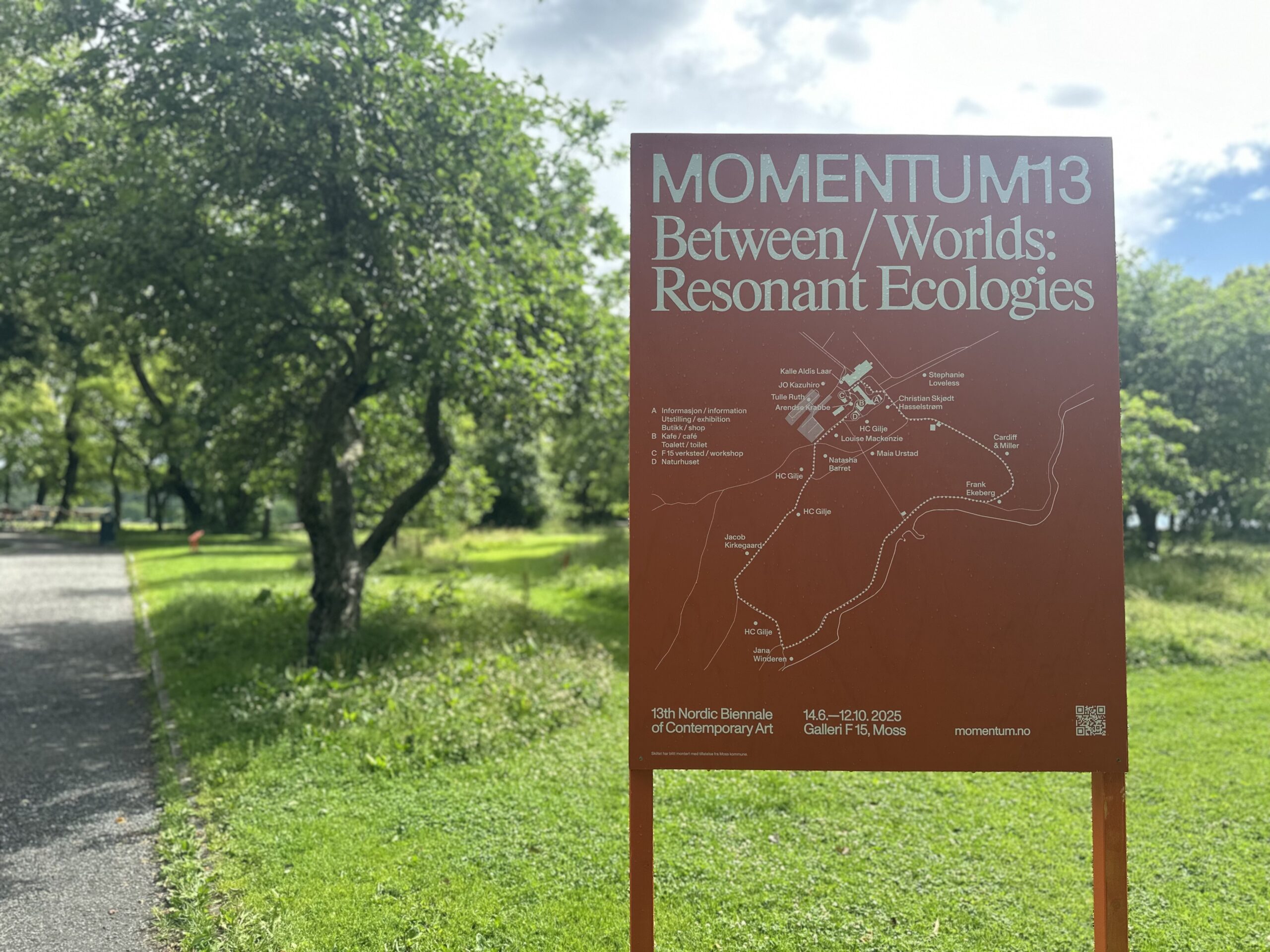
Leave a Reply